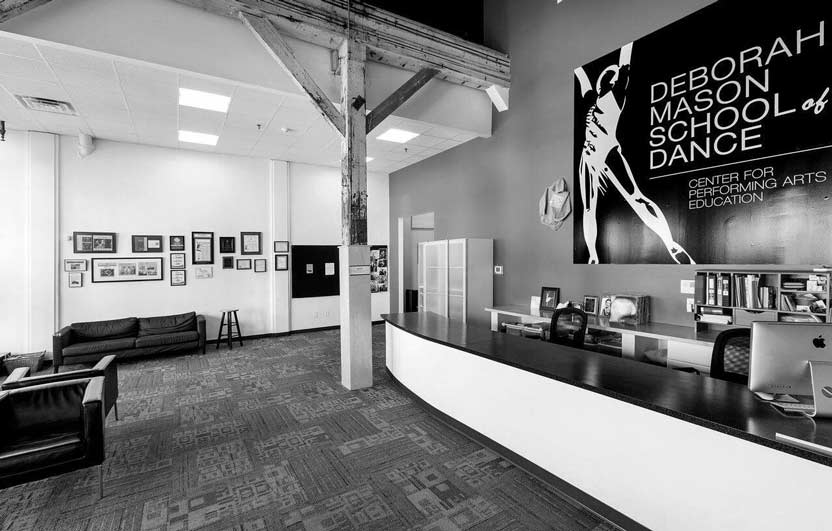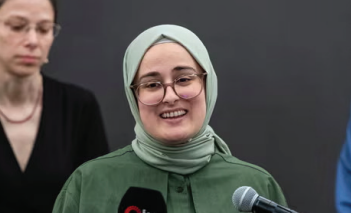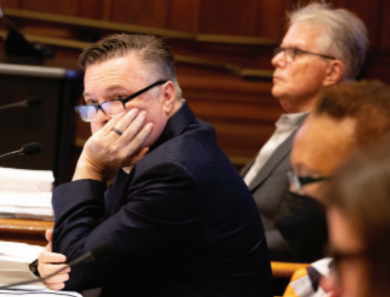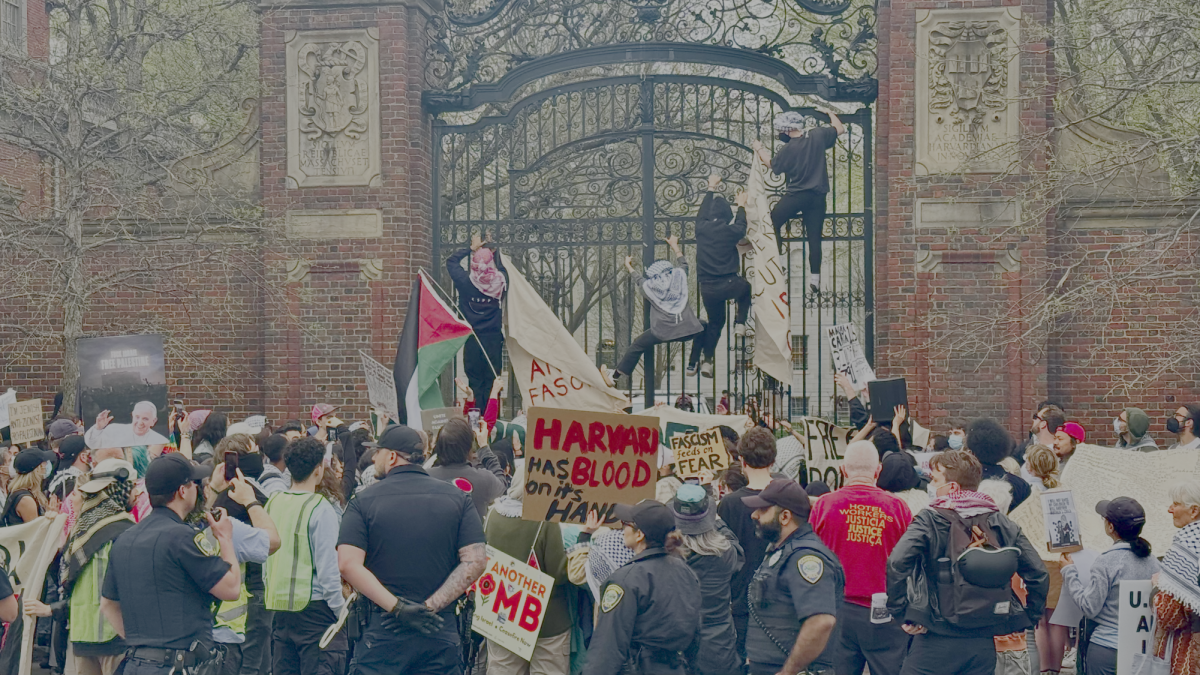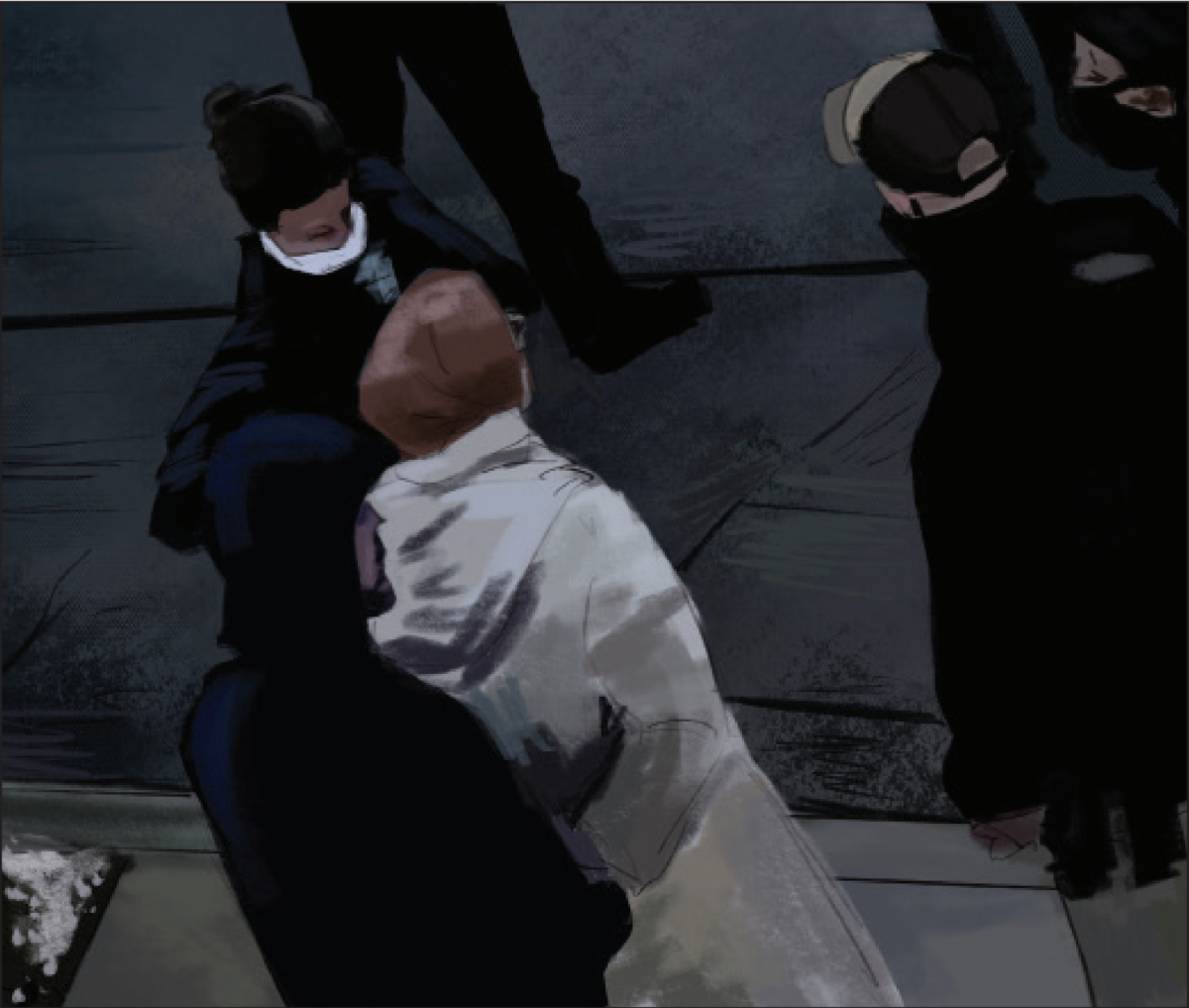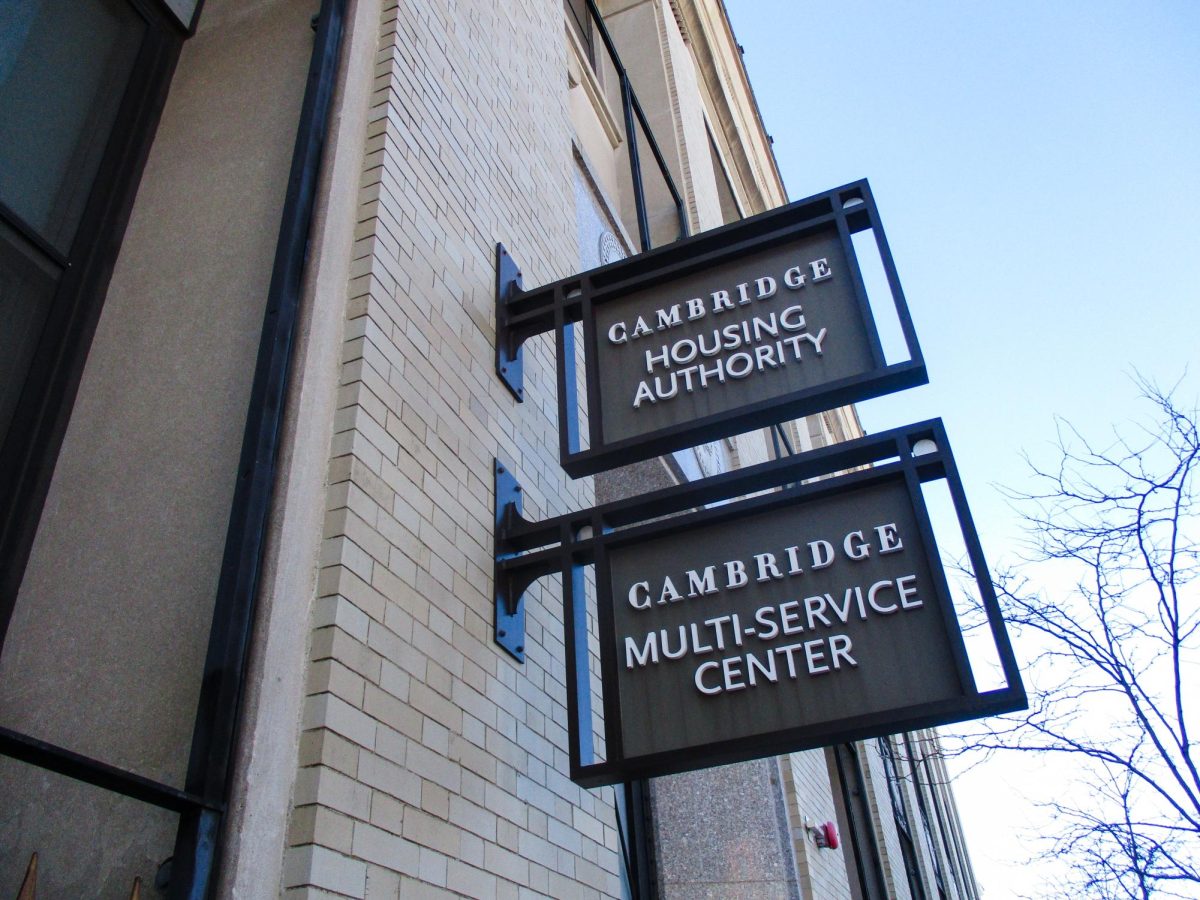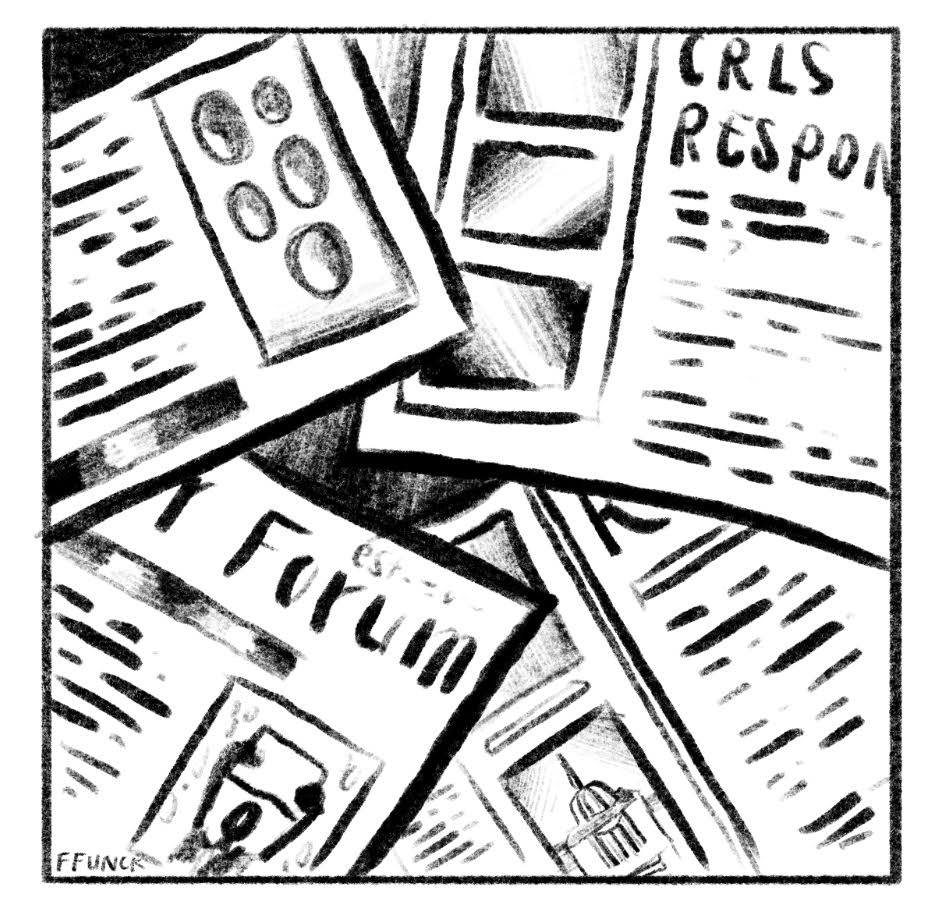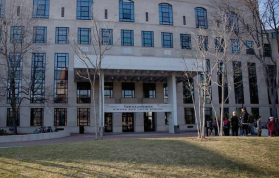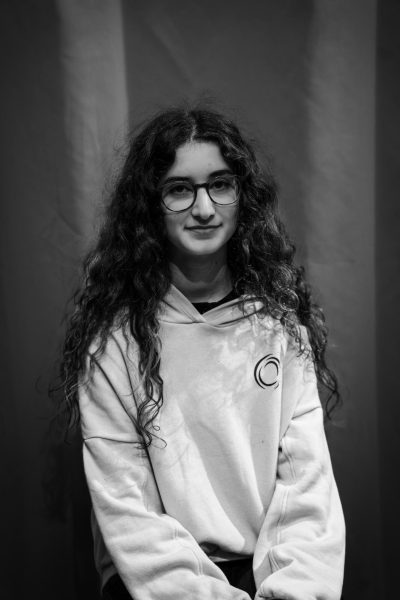On January 11th, 2024 at 1:29 pm, Cambridge police (CPD) received a call from a woman whose friend had been held hostage for a month in a little gray house in the center of Fenno St. It was a suspected domestic abuse case. While the victim was not in the house at the time of the call, police were cautious when approaching the suspect, a man named Chad Prout. According to reports at the time, Prout had access to a knife and gun, as well as a later-discovered significant criminal record.
“I got a little bit of notice from people that something was going on, but [that] they didn’t know what, and then when I got there, I wasn’t allowed to enter my street,” Ruth Drasin, who lives across from the house in question, told the Register Forum. “I said, ‘Can I just run in and get my dogs?’ and [a cop] told me that if I did that I would be arrested.”
The altercation lasted for a total of eight hours. Cambridge police had to clear the entire area and used a BearCat search-and-rescue vehicle to shield neighbors that they relocated to a local firehouse, including a wheelchair-bound 91-year-old. According to the Cambridge Day, they also sent in a robot to explore sections of the home. By 9:38 PM, police emerged from the house with Prout, who was passed out.
“One of the main things I noticed is that at first they were saying that there was a kidnapper, but very quickly they started talking about that person as a patient,” Drasin told the Register Forum. “Somebody’s been kidnapped across from you for a month and then suddenly it was like they’re taking the patient to the hospital.”
In a time where many are still calling for police accountability after the death of Arif Faisal, this is both surprising and not. Faisal, a 20-year-old Bangladeshi immigrant, was shot and killed by Cambridge police almost exactly a year ago. He was waving a machete-like knife and harming himself with it, amid a mental health crisis. Since his loss, many in Cambridge have asked for increased awareness of suspects’ health, and for more cases to be assigned to crisis teams of medical professionals rather than police officers.
When asked whether the police’s care may have been connected to the uproar over Faisal’s death, Drasin told the Register Forum, “That was my impression for sure.” Whether or not this is true, Cambridge residents have largely been happy with officers’ handling of the situation. Police ensured the safety of civilians through evacuation, of officers through the use of robot probes, and even of the suspect by referring to him as a patient and providing access to medical care. With many Cantabrigians calling for increased visibility of brown suspects, like Prout’s, mental health, this wording change seems significant and is perhaps the beginning of the systematic change these protesters hope for.
“CPD did a great job on this,” a local photographer, James Mahoney commented in a Cambridge Day article on the matter. “The officers were calm and measured during the time I and other neighbors observed the proceedings. True professionals, interested in peacefully resolving the situation.”

